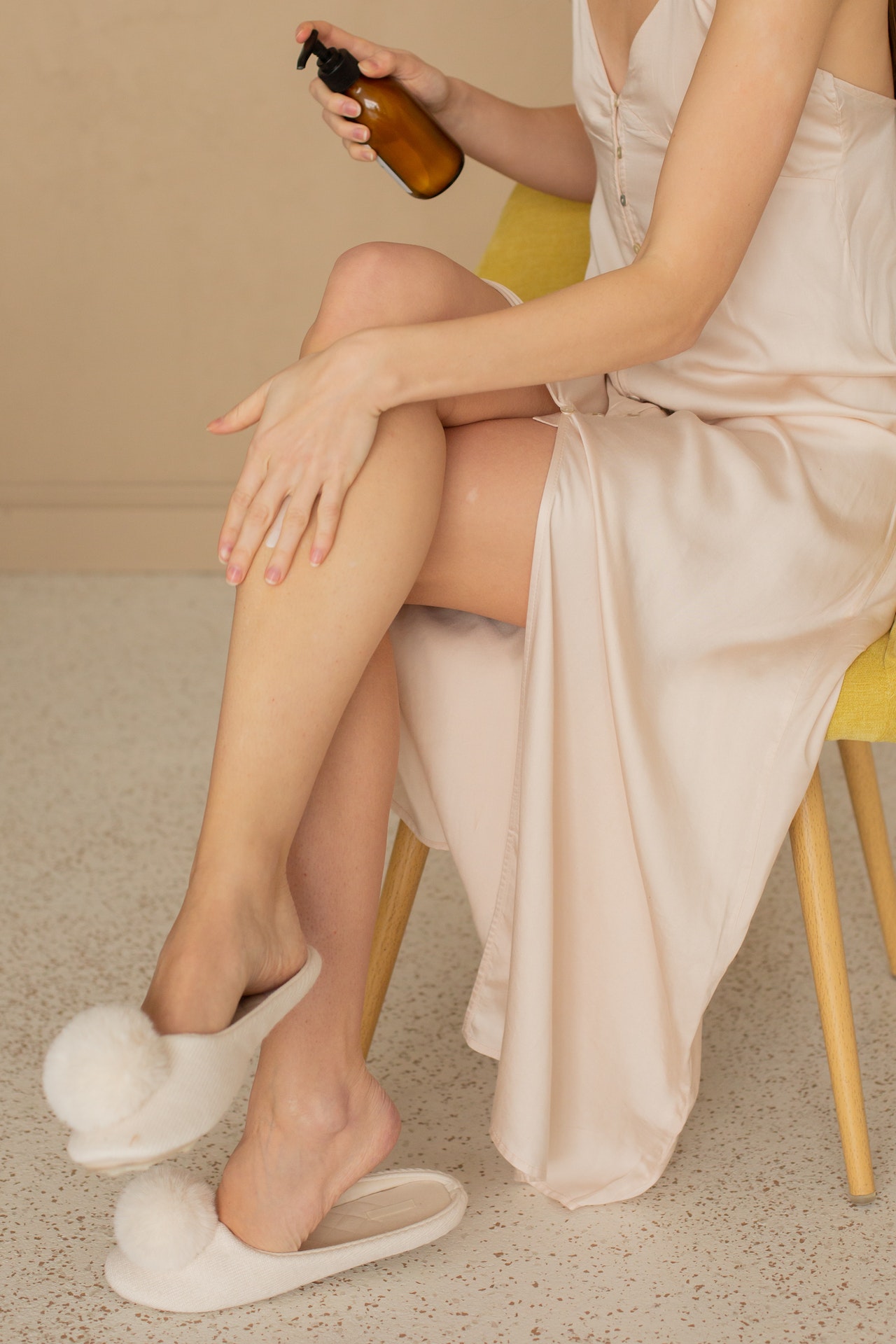
All too many women live in silence, thinking they’re alone in their struggle to control their bladder. Because it’s a sensitive conversation topic, many people living with urinary incontinence think the changes occurring with their bladder are unusual.
Actually, though, urinary incontinence is an extremely common condition. On top of that, your likelihood of experiencing symptoms only increases through the years.
At our PureMD MedSpa offices in Miamisburg, Liberty Township and Dayton, Ohio, Suresh Gupta, MD, and our Nurse Practitioners team want to help you feel more comfortable talking about and seeking treatment for urinary incontinence. So we built this quick guide to this condition and the number of people it affects.
Stress Urinary Incontinence (SUI), is the involuntary loss of urine caused by physical activity, coughing & sneezing. SUI is a frequent complaint among women. Often this condition is associated with weakened urethral support structures from vaginal delivery and the development of pelvic floor disorders later in life.
Statistics on urinary incontinence
The Urology Care Foundation reports that urinary incontinence symptoms affect one in two women.
This should help you understand that you’re not alone if you’re dealing with incontinence symptoms, but you might still feel like your incontinence regularity is higher than what most others experience.
What’s more, your risk of incontinence increases with age. And if you’re a woman, you’re twice as likely to experience incontinence symptoms.
The types of urinary incontinence
It’s also helpful to know that there are different types of urinary incontinence that affect you in different ways. If you experience a sudden urge to use the bathroom followed by urine leakage, you’re living with urge incontinence, or overactive bladder. This condition is caused by involuntary bladder contractions.
If your urine leakage occurs when you laugh, cough, sneeze, or lift something heavy, that’s stress urinary incontinence. This happens when pressure is applied to your bladder. It’s most common in women after menopause. Childbirth heightens your risk for stress urinary incontinence also.
Stress Urinary Incontinence (SUI), is the involuntary loss of urine caused by physical activity, coughing & sneezing. SUI is a frequent complaint among women. Often this condition is associated with weakened urethral support structures from vaginal delivery and the development of pelvic floor disorders later in life.
Give them confidence!
The diVa laser therapy procedure has demonstrated improvement. The mechanism of action of the laser induces an increase in the vaginal mucosa or specifically the epithelial layer thickness of the vaginal wall tissue as well as an increase in collagen in the lamina propria, the layer of tissue that maintains structural support and functional integrity of the vaginal tissues. It is thought that this mechanism improves the ability to compress the urethra and control urine.
Treating urinary incontinence
Whatever type of incontinence is affecting you, it’s important to know that treatments are available to help.
A comfortable, no downtime procedure that treats the SUI (stress urinary incontinence) and other conditions like VulvoVaginal Atrophy, Vaginal Lubrication, Pain During Sex, Vaginal Laxity, Orgasm issues is called diVa and is performed in our PureMD locations by our doctors and Nurse practitioners.
What is diVaTyte?
diVaTyte is:
-
- Easy
- Quick – 10 minutes
- No downtime
If you’re living with this condition, don’t hesitate to call the PureMD MedSpa office closest to you or book your visit online today. Our team can help you find the right treatment to control your urinary incontinence.

